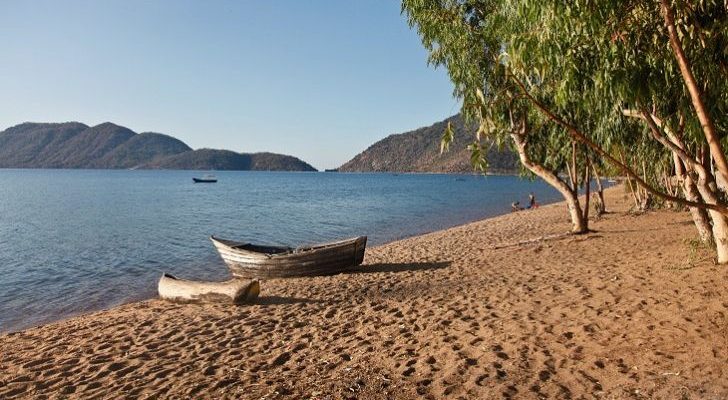
Findings of a study on the effects of climate change on water availability have revealed that Malawi is at risk of having a water crisis in the near future.
An investigation by Future Climate for Africa has shown potential changes in Lake Malawi water levels and subsequent flows in the Shire River basin.
Increased and competing demands from hydropower, irrigation, domestic water supply and environment sectors coupled by impacts of a changing climate are among the factors to cause water crisis in Malawi.
Using a water resources model known as Water Evaluation and Planning (WEAP), the investigations has revealed three risks between 2021 – 2050.
The first risk is an increase in lake levels leading to increased water flows into the Shire River resulting in increased risk of flooding.
The model has also shown the second risk that the lake level would remain similar to the current state where the lake level will only maintain levels just high enough to flow into the Shire River, resulting in limited downstream water supply which may impact the performance of hydropower and irrigated agriculture.
“Future three, there is a decrease in lake levels and decreased inflow of water to the Shire river basin due to reduced rainfall. A few of the models projected such low levels in Lake Malawi that it resulted in no flow of water into the Shire River, which changed it from a perennial to seasonal river,” reads part of the findings.
The study has since called for robust decision making under the uncertainty approach to avert the water crisis in Malawi.
Head of Industrial Research Centre at Malawi University of Science and Technology (MUST) Dr David Mkwambisi has recommended the WEAP model as an ideal policy planning tool in natural disaster prone areas in Malawi.
“The WEAP model will help to understand the type of investments to address future climate challenges and support the National Planning Commission to consider water scenarios in their economic blocks,” said Mkwambisi.
Through UMFULA project, Future Climate for Africa is generating new insights and more reliable information about climate processes and extreme weather events in the central and southern Africa region and their impacts on water, energy and agriculture, with the aim to support long-term (5 to 40 years) planning decisions and around resource use, infrastructure investment and cross-sectoral growth priorities.














